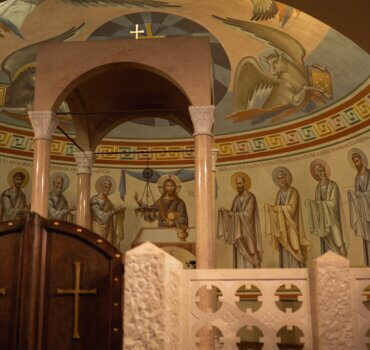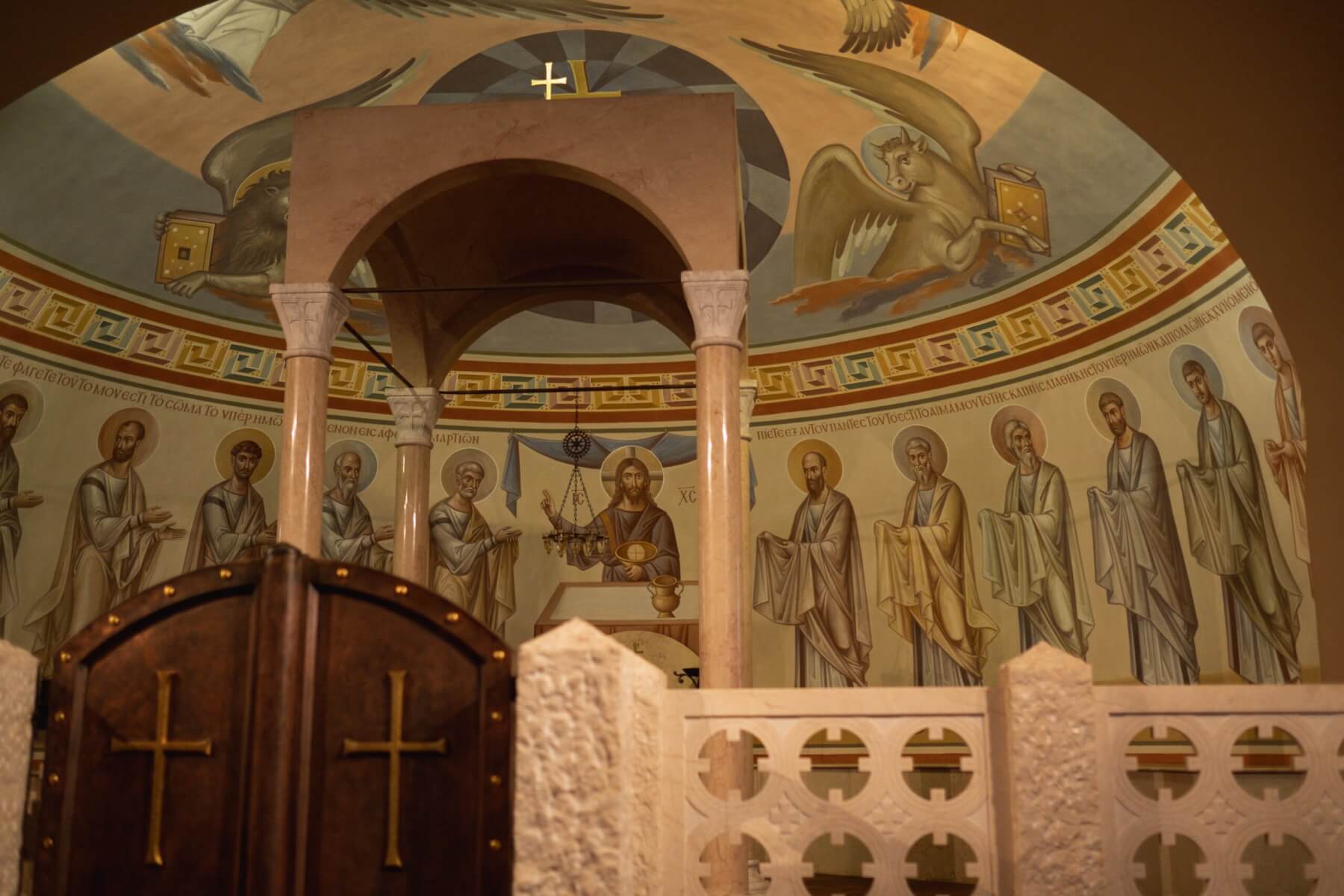
Photo: Ron Lach, Pexels.
That headline is very relevant headline in the aftermath of an election.
Allow me to qualify that statement. There was apparently a time back in the ancient world when the Romans were commissioning marble sculptures from skilled Greek artisans. On occasions when a sculptor was working on a piece of marble, it could fracture and a hairline crack might result. Imagine the frustration of almost finishing a work and having it crack – ordinarily it would have meant discarding it and starting afresh with a new block of stone.
To avoid scrapping the work, the practice apparently developed of mixing wax with marble dust which was pressed into the flaw. It worked, nicely disguising the defect leaving it almost impossible to detect. That is, until ageing and seasonal climate variations began to discolour the wax repair, rendering it easily visible.
The Romans wanted assurance that the pieces they were purchasing from merchants were genuine, ‘without defect’ and would not reveal wax repair work, over time. So they insisted on a certificate to certify sculptures were free of any wax.
Such sculptures were thus certified in Latin, ‘sine cera’ (sine – ‘without’ and cera – ‘wax’) and the phrase came to mean honest, authentic or true. It is asserted that the English word ‘sincere’ came to us from that derivation.
Although it can’t be proven conclusively that the actual root of the English word ‘sincere’ came from this practice, it doesn’t particularly bother me in relating this story because, this isn’t really an issue about etymology (word source), more an illustration carrying powerful imagery.
It makes a good point, underscoring the importance of sincerity and honesty as a foundational principle for doing life in a culture that is consistently marked by compromise and fakery. In a time where being able to implicitly trust others, especially leaders, has become significantly jeopardised, it is re-assuring to know there’s still people committed to integrity and transparency. That ought to be something we all pursue – to be those who won’t deviate from authenticity, proving ourselves to be the real deal.
As the pressures of life come on and tough times are introduced, like wax in a sculpture, will defects and poorly ‘repaired cracks’ be revealed? We’re all mistake prone and really incapable of living this way on our own. Yet a radical ‘spiritual’ heart change within us, enables us to desire and pursue having a life that is ‘without wax’.
This ought to be a guiding foundation for how to live – in every area… to be without ‘guile’ or deceitfulness. In a generation where pretence, hypocrisy and dishonesty are almost ‘normalised’ will we allow our lives to be held up to the light of God’s standard of truth?
Paul the Apostle contributed significantly to the books that make up the New Testament in the Bible. His letters to first century church communities contain prayerful appeals that the people would be “without wax,” meaning he longed for them to be men and women of sound integrity.
Centuries later, those prayerful appeals are just as relevant now, as then – may we too be a genuine, ‘without wax’ people.











